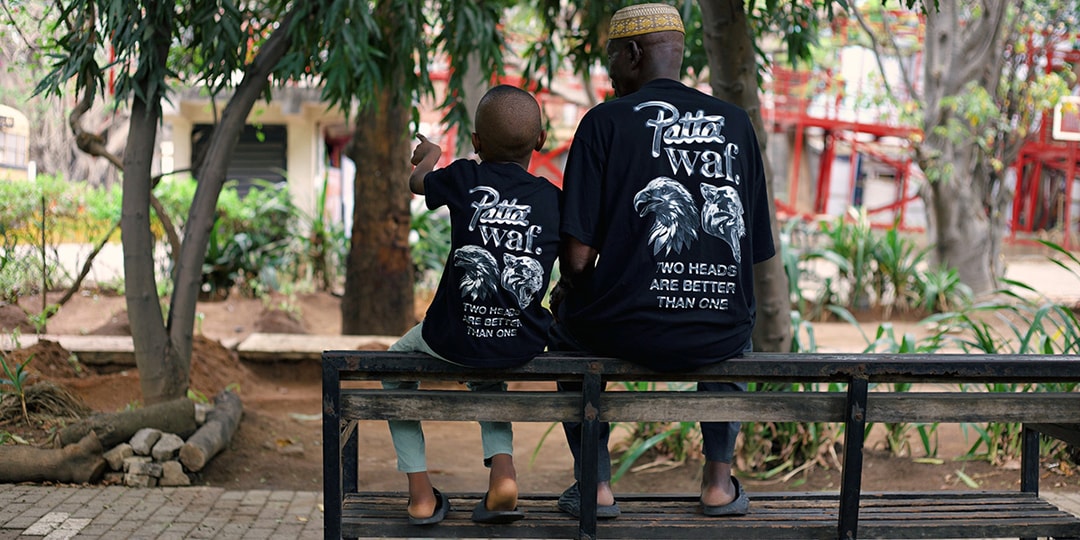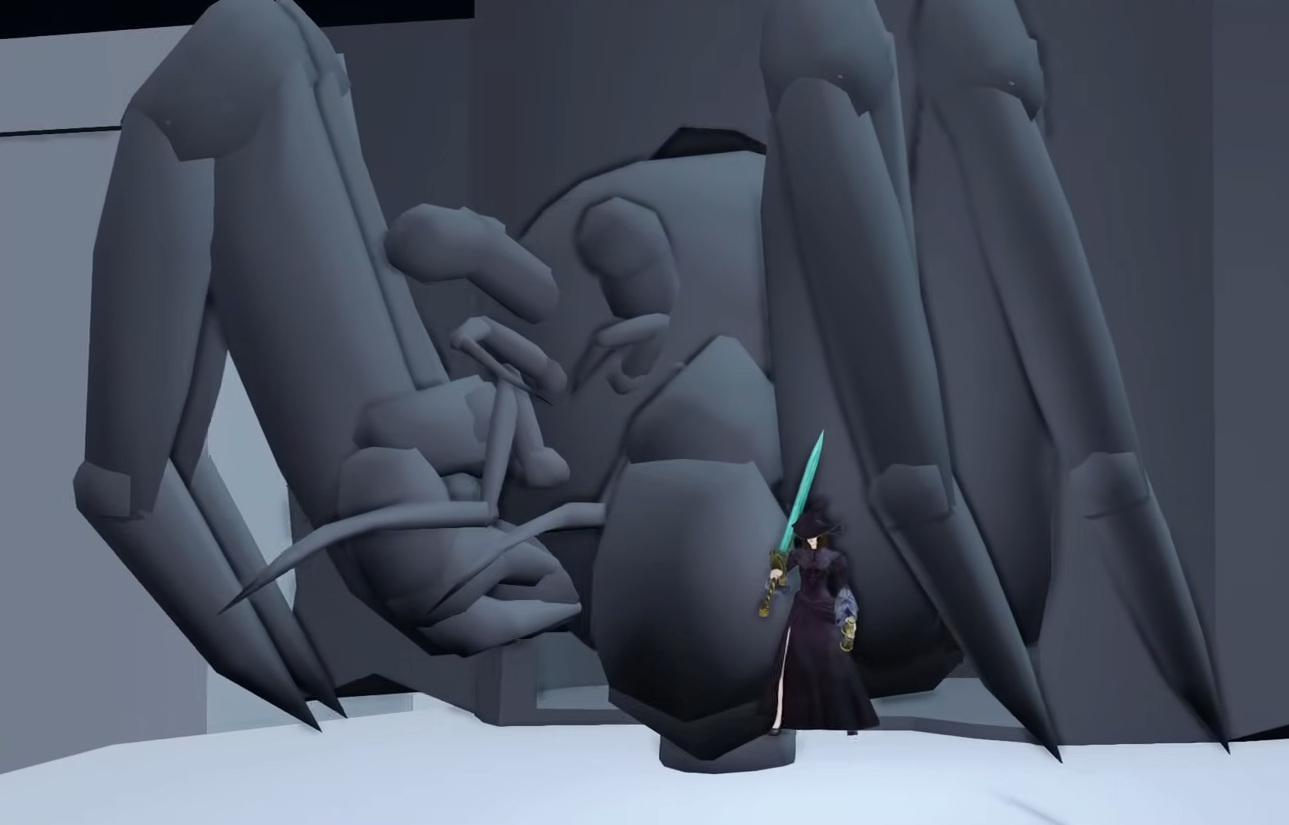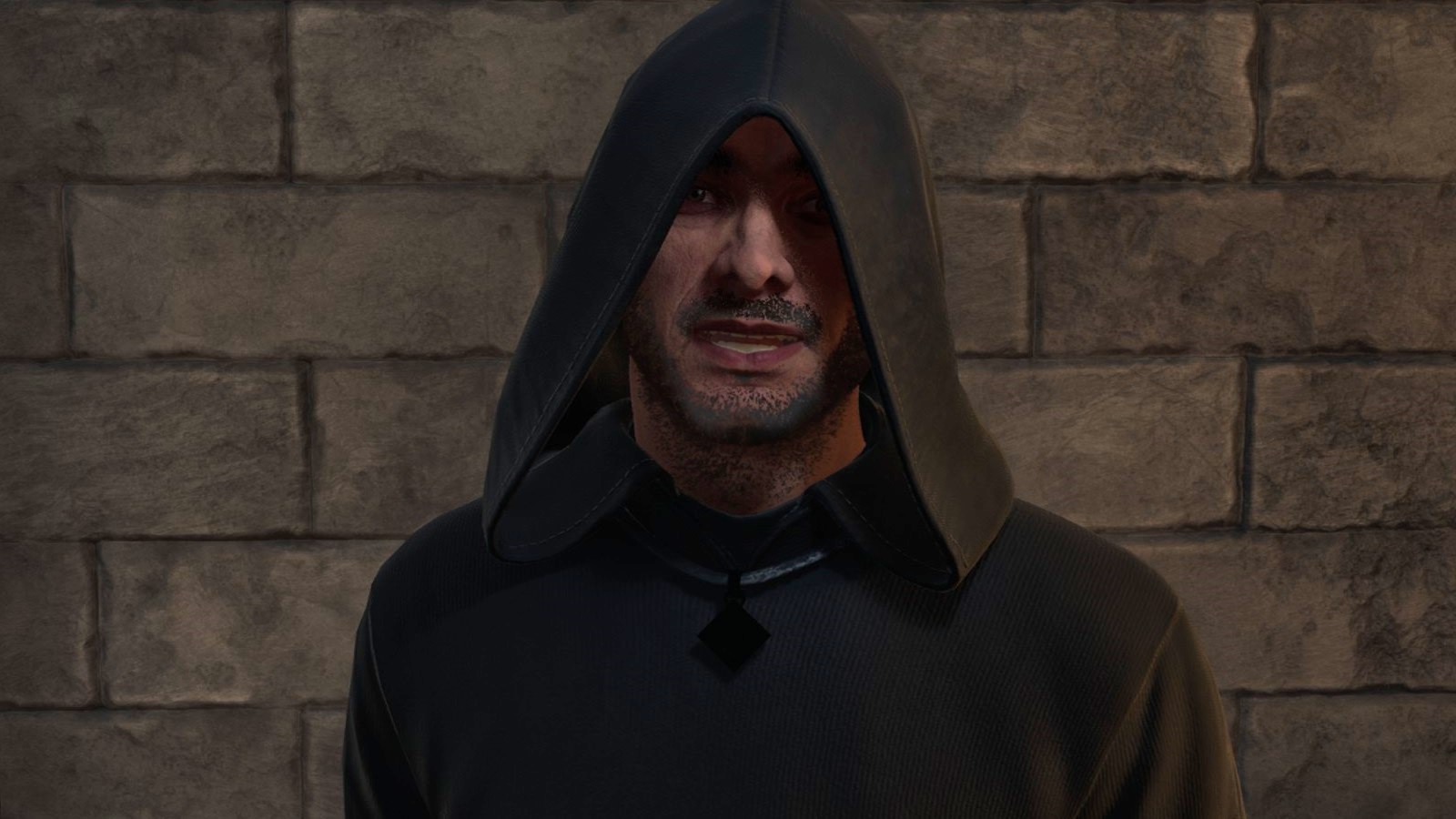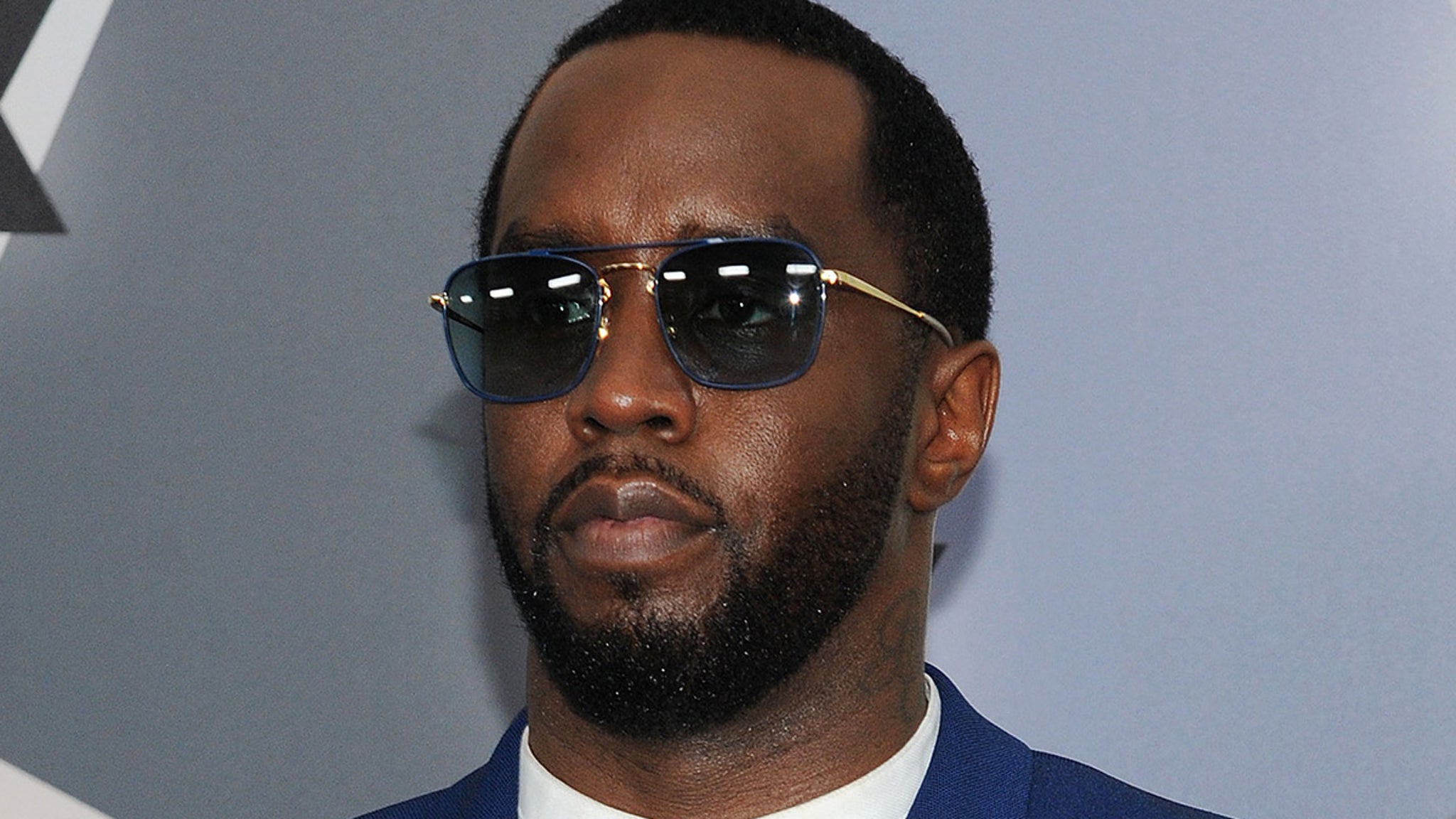The Profound Impact of Naruto's Journey: A Reflection on Violence and Brotherhood

In the heart of the beloved anime series, Naruto, a striking quote resonates deeply: Im gonna bring you home safe if I have to break every bone in your body. This intense declaration, spoken by Naruto Uzumaki during a pivotal confrontation with his friend and rival, Sasuke Uchiha, at the Valley of the End, encapsulates the complex emotions and the harsh realities of their world. This moment is a culmination of their diverging paths within a narrative steeped in friendship, rivalry, and the burdens of their roles as shinobi.
Throughout the series, viewers witness the evolution of Team 7, comprising Naruto, Sasuke, and Sakura, as they navigate the treacherous landscape of the ninja world. The missions they undertake regularly put their lives at risk, and they often find themselves defending their village against looming threats. As they mature from inexperienced genin to formidable ninja, the story reveals an inevitable fracture in their camaraderie. Sasuke fixates on gaining the power necessary to avenge his clan by tracking down his brother, Itachi, even if it means embracing darkness and abandoning his friends. In stark contrast, Naruto clings to his dream of becoming Hokage, driven by an unwavering desire to protect those he holds dear. Their eventual confrontation serves as a stark reminder of the violent reality that defines their existence.
The battle at the Valley of the End was not a mere clash of fists; it was a profound ideological showdown between two people whose lives had been shaped by tragic circumstances. This encounter had been foreshadowed throughout their journey, underlining the weight of their shared experiences as child soldiers indoctrinated into a life of conflict. The depth of their emotions during the fight reveals their bond, where each sees the other as a sibling who understands their struggles. For Sasuke, his departure from the village symbolizes a painful choice to sever ties that he believes will hinder his quest for power. Meanwhile, Narutos resolve is anchored in the belief that true strength lies in protecting friends and fostering unity.
One of the most striking elements of this conflict is the chilling threat Naruto makes. His willingness to resort to violenceeven to the point of breaking his friends bonesunderscores the grave implications of their existence as shinobi. It is a testament to the brutal nature of their world, where even children are ensnared in cycles of violence. Narutos character is not just a beacon of hope but also a harbinger of the harsh truths that accompany such hope. This juxtaposition of ideals and the necessity of confrontation resonates not only within the story but also reflects the larger themes of war and peace in society.
The fight showcases how deeply entrenched violence is in the lives of the characters. The adults in their world, particularly Kakashi, who has been shaped by the scars of war, struggle to guide the younger generation toward peaceful resolutions. During Sasukes downward spiral into darkness, Kakashi can only express the futility of his own losses, illustrating a cycle of trauma that pervades the narrative. The choice to task inexperienced genin with the Sasuke Retrieval mission further exemplifies the dire state of their village, which has been left vulnerable following a previous invasion.
As Naruto passionately declares, Im gonna bring you home safe if I have to break every bone in your body, it becomes clear that his determination reflects not just personal resolve but also an indictment of a world marred by conflict. Here lies a character who embodies both the desire for peace and the acceptance of violence as a means of achieving it. Narutos journey through the series ultimately leads him to recognize that responding to violence with further violence only perpetuates a vicious cycle. Through his evolution, he emerges not only as a fighter but as a catalyst for change, advocating for a future where bonds of friendship can replace the necessity of conflict.
In essence, the complexities of Naruto and Sasukes relationship serve as a microcosm for the broader themes of the series, illustrating the struggle between the desire for personal power and the importance of community and connection. The narrative deftly navigates the harsh realities of their world while simultaneously portraying the hope for a harmonious futurea future that Naruto is determined to forge, breaking free from the chains of violence that have long defined their existence.





























